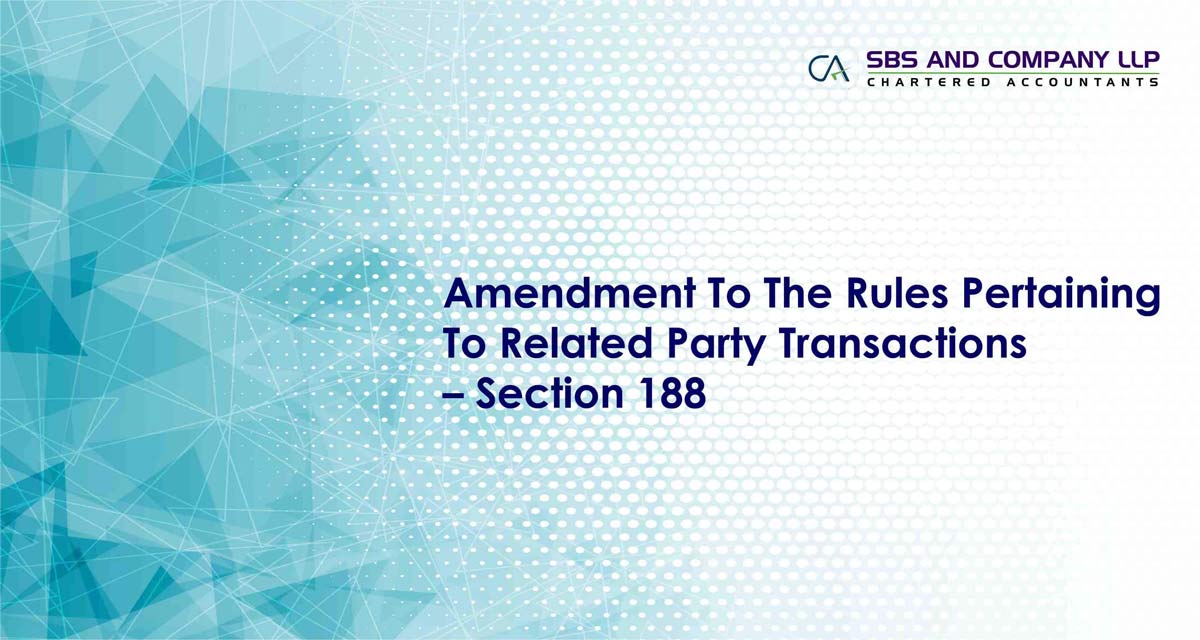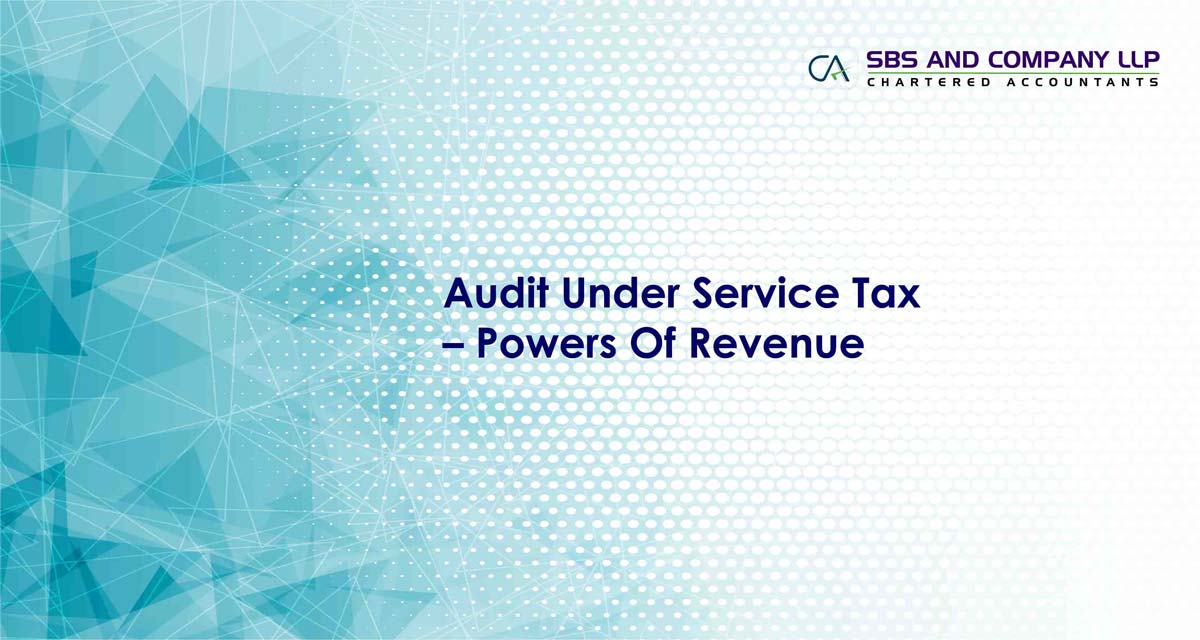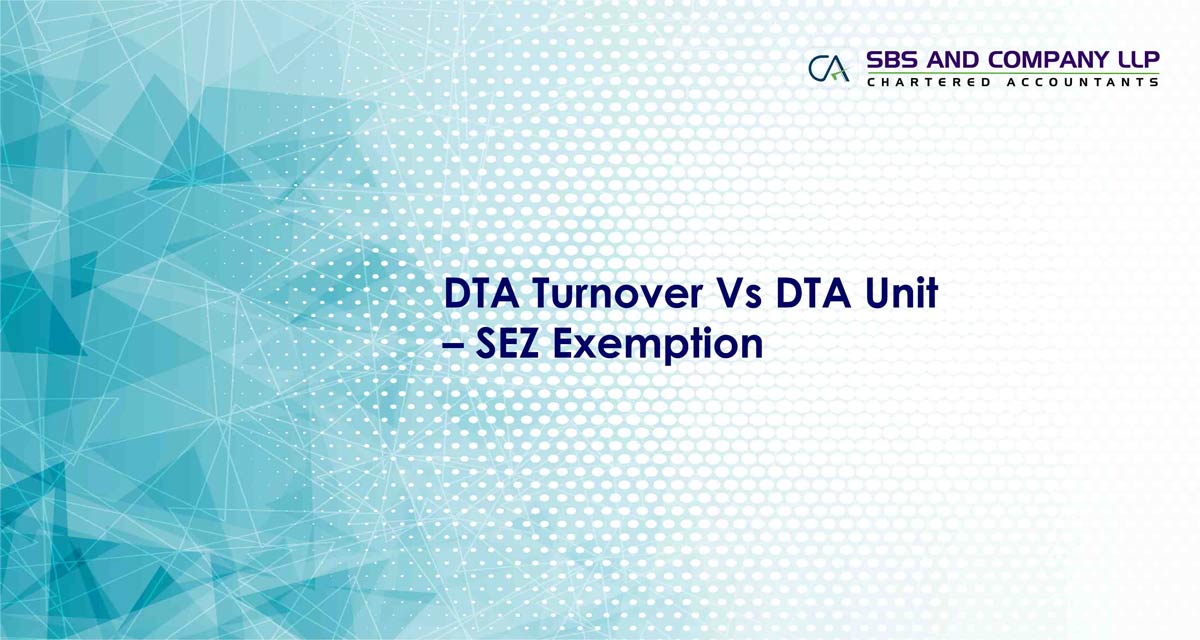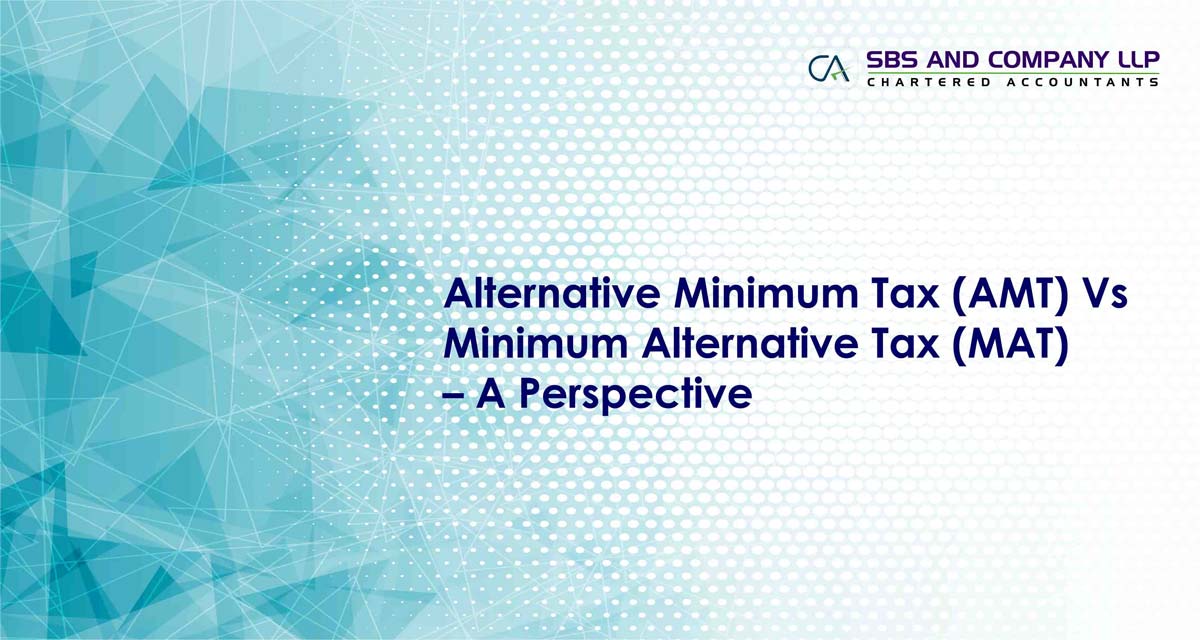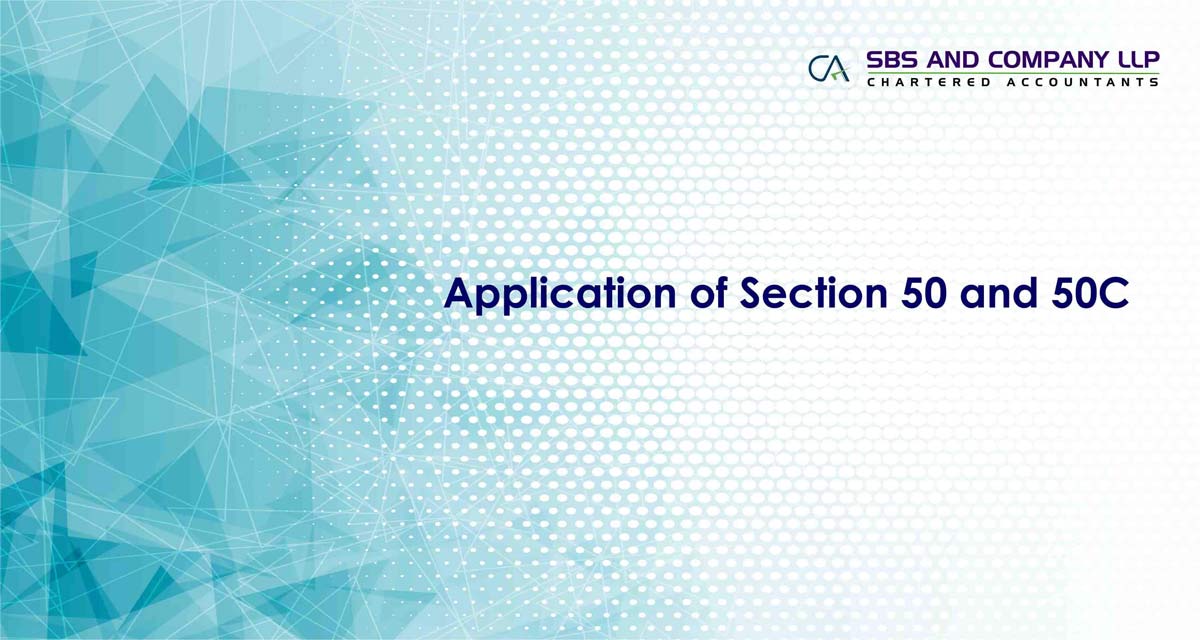- SBS AND COMPANY LLP
- Blog
- Hits: 1647
Amendment To The Rules Pertaining To Related Party Transactions – Section 188
Ministry vide The Companies (Meetings of Board and its Powers) Second Amendment Rules, 2014 Dated:14.08.2014, has amended the limits as to transactions as contained in the initial rules, in relation the 1st provisio to Section 188 (1) of the Companies Act, 2013. The revised rules in comparison with the Original rules are herewith reproduced.
Read more: Amendment To The Rules Pertaining To Related Party Transactions – Section 188


